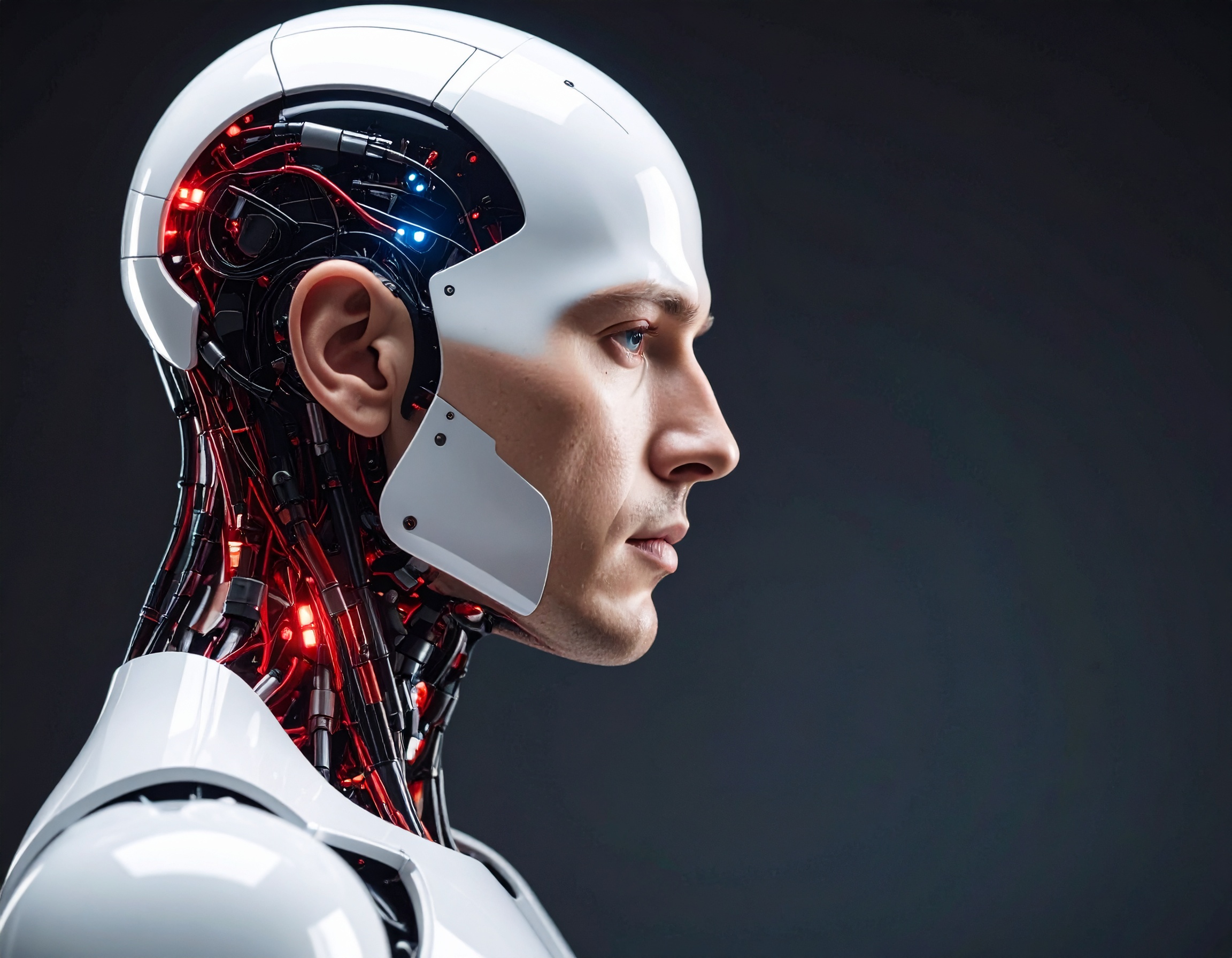Building Trust in Europe’s Robotic Workforce: RoboSAPIENS Project Unveiled

In a recent development poised to shape the future of Europe's industrial sector, a consortium of universities, tech accelerators, and research labs announced the launch of the RoboSAPIENS project. Funded by the EU’s Horizon Europe 2021-2027 research and innovation program, this initiative aims to address the pressing need for ensuring the safety and adaptability of intelligent agents, or robots, in collaborative environments.
The initiative comes at a time when industrial robot installations in Europe surged by 24% in 2021, according to data from the International Federation of Robotics. Notably, a significant portion of this growth is attributed to adaptive robotics, which can learn and adapt without constant reprogramming. While promising for enhancing efficiency across sectors like manufacturing, healthcare, and logistics, concerns persist regarding the safety and reliability of these technologies.
RoboSAPIENS seeks to tackle these challenges head-on by advancing the field of robotic self-adaptation. The project aims to equip robots with autonomous software adaptations, enabling them to dynamically respond to unforeseen changes in their environment while maintaining safe collaboration with human counterparts. This endeavor underscores the EU's commitment to fostering innovation and ensuring the seamless integration of non-human workers into various industries.
Led by Peter Gorm Larsen from Aarhus University, the consortium comprises esteemed institutions and organizations across Europe, including Aristotle University of Thessaloniki, Fraunhofer IFF, University of York, and PAL Robotics, among others. Together, they will leverage cutting-edge technologies such as deep learning and digital twin techniques to develop adaptive controllers for robotic applications, ensuring compliance with stringent safety standards.
As the RoboSAPIENS project unfolds, it promises to not only elevate Europe's industrial robotics capabilities but also set a precedent for responsible innovation in the era of intelligent automation. By fostering trust and reliability in digital employees, this initiative paves the way for a future where humans and robots collaborate seamlessly, driving productivity and innovation across diverse sectors. Through strategic initiatives like RoboSAPIENS, Europe reaffirms its position as a global leader in technological advancement and responsible AI integration.
By prioritizing safety, adaptability, and collaboration, the RoboSAPIENS project stands as a beacon of progress in the evolving landscape of industrial automation. As Europe embarks on this transformative journey, it underscores the importance of proactive measures to harness the full potential of intelligent agents while safeguarding the well-being of workers and society at large.
Key Highlights:
- RoboSAPIENS Initiative: A consortium of European institutions and organizations launched the RoboSAPIENS project to address the safety and adaptability of intelligent agents, or robots, in collaborative environments within Europe's industrial sector.
- Rising Industrial Robot Installations: Europe witnessed a significant surge of 24% in industrial robot installations in 2021, with adaptive robotics playing a crucial role in enhancing efficiency across sectors such as manufacturing, healthcare, and logistics.
- Mission of RoboSAPIENS: Led by Peter Gorm Larsen from Aarhus University, RoboSAPIENS aims to equip robots with autonomous software adaptations, enabling them to dynamically respond to unforeseen changes in their environment while ensuring safe collaboration with human counterparts.
- Consortium Partners: The consortium includes prominent institutions like Aristotle University of Thessaloniki, Fraunhofer IFF, University of York, and PAL Robotics, among others, collaborating to develop adaptive controllers for robotic applications while adhering to stringent safety standards.
- Cutting-edge Technologies: RoboSAPIENS leverages advanced technologies such as deep learning and digital twin techniques to facilitate the development of adaptive controllers, ensuring compliance with safety requirements and fostering trust in digital employees.
- Implications: The initiative not only elevates Europe's industrial robotics capabilities but also sets a precedent for responsible innovation, emphasizing the seamless integration of humans and robots to drive productivity and innovation while safeguarding worker well-being and societal interests.
Reference:
https://www.eu-startups.com/2024/04/how-to-prevent-robots-from-taking-over-the-eu-industrial-sector/


